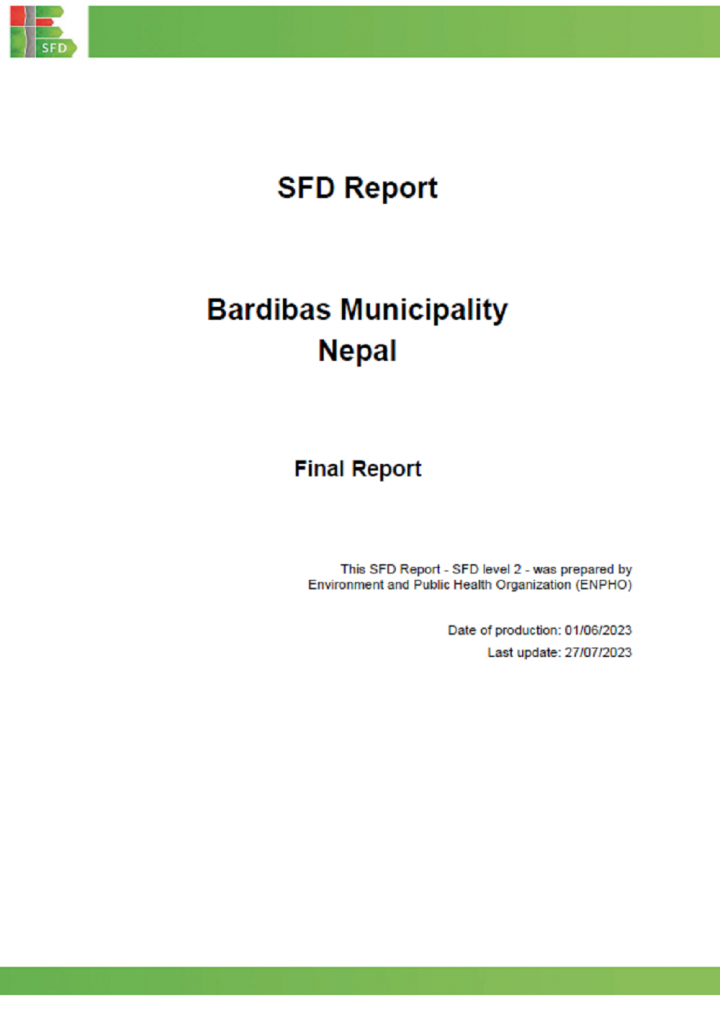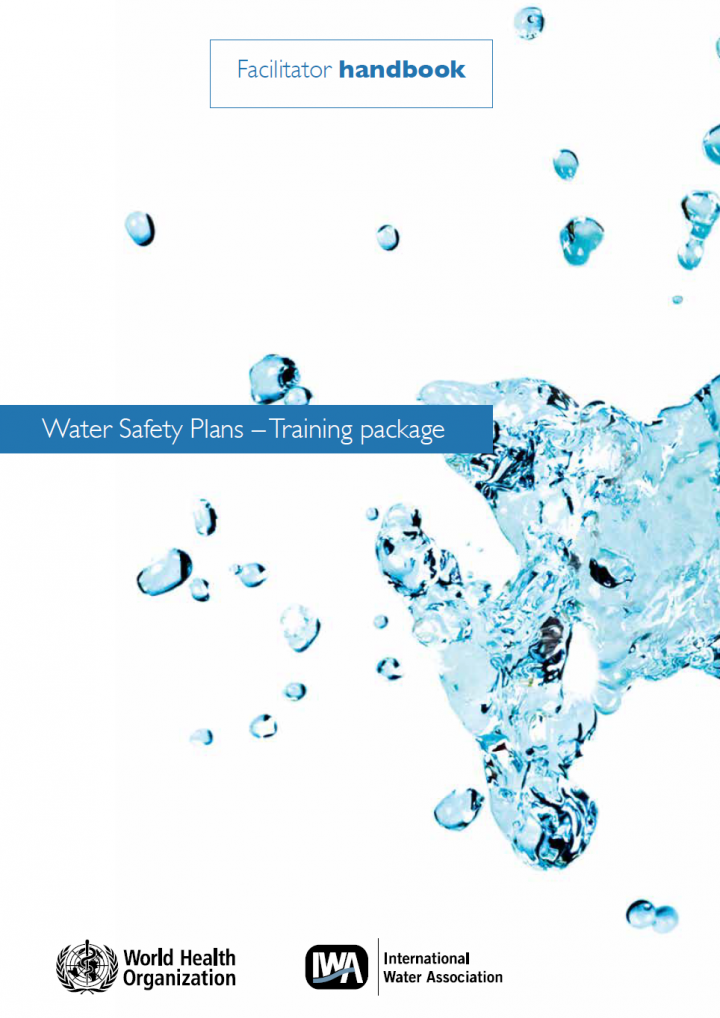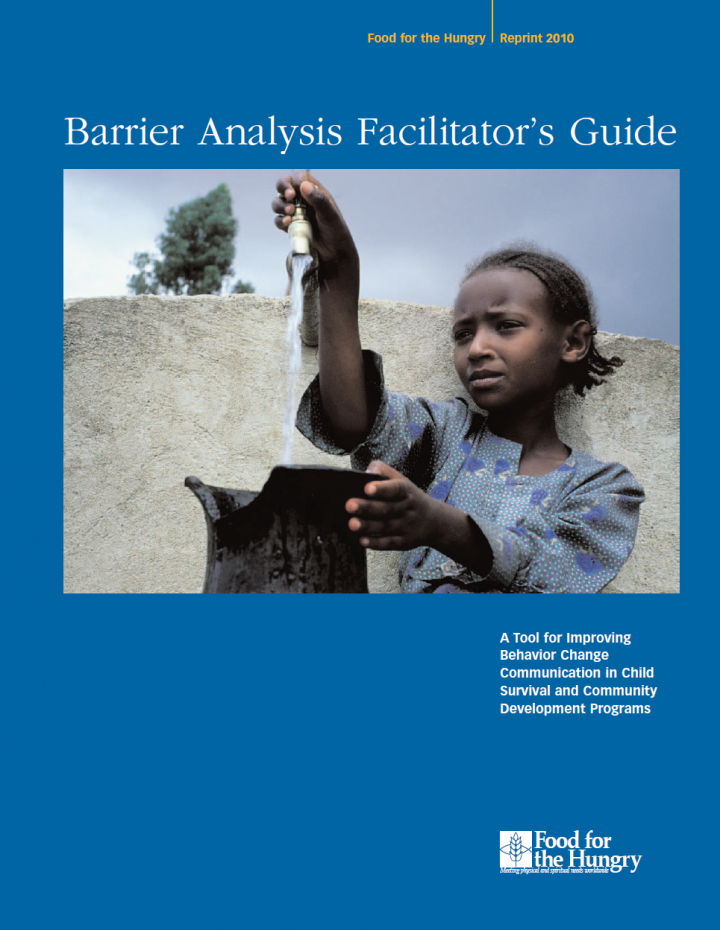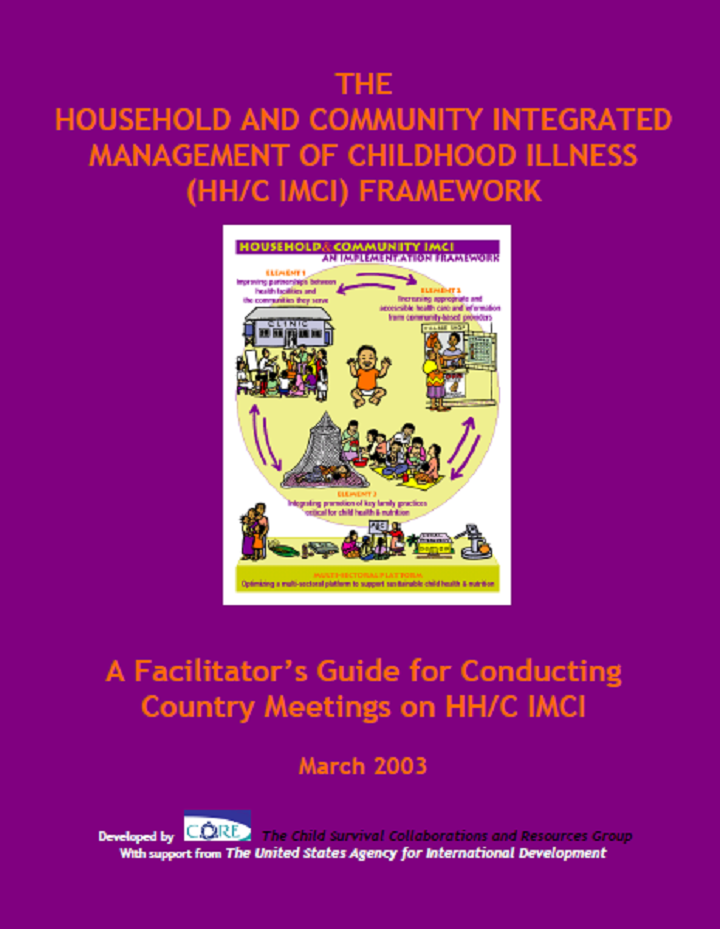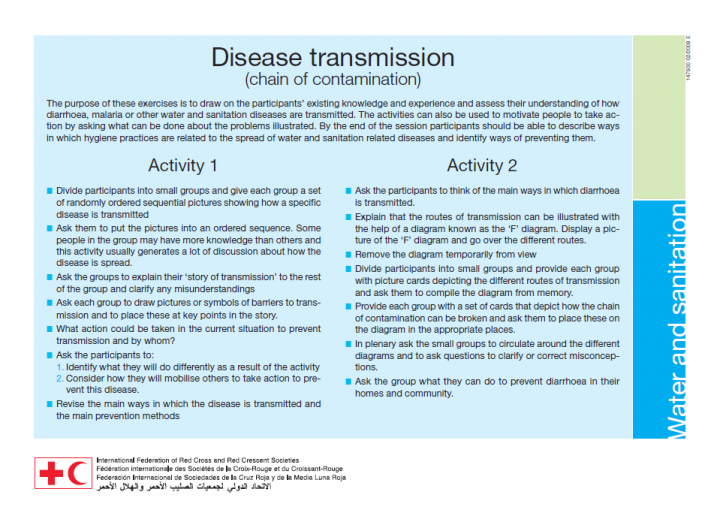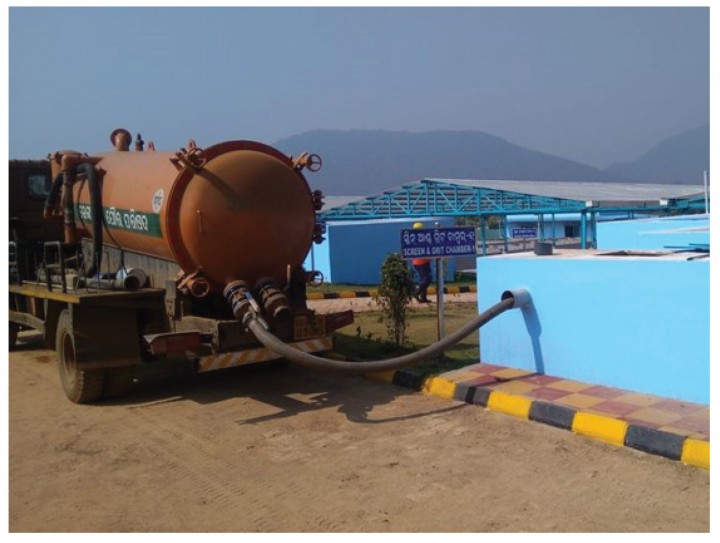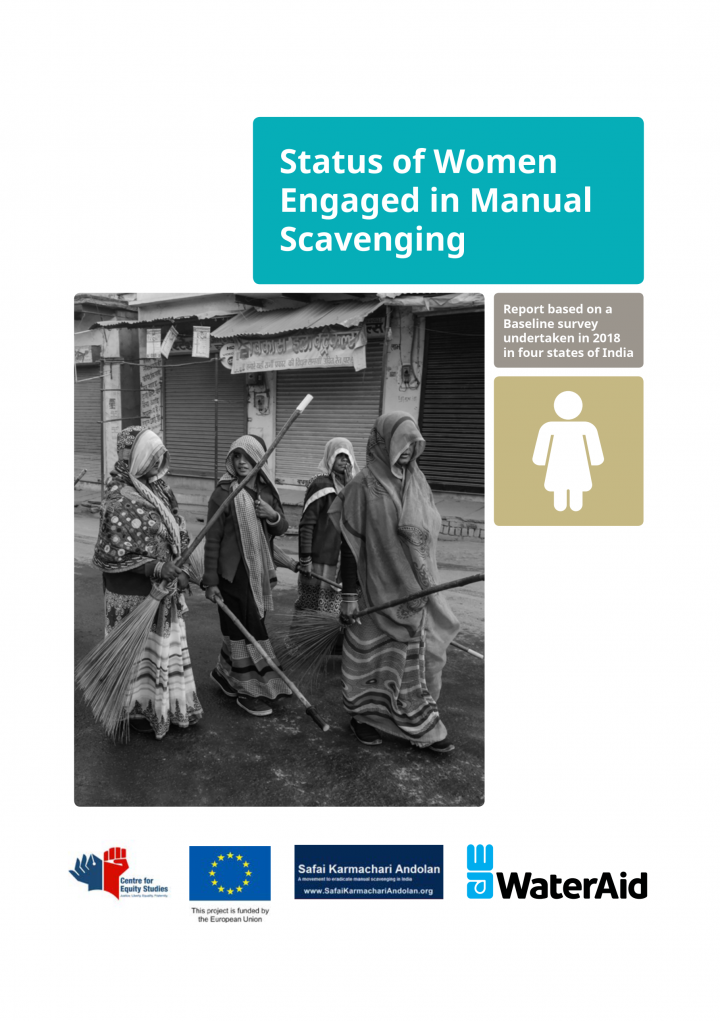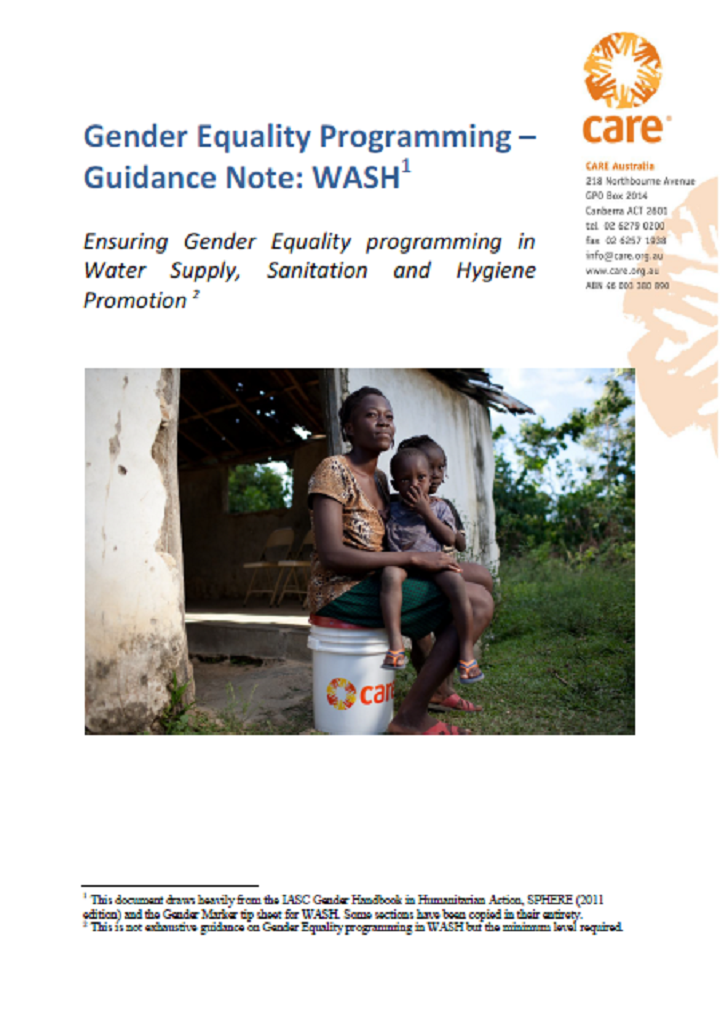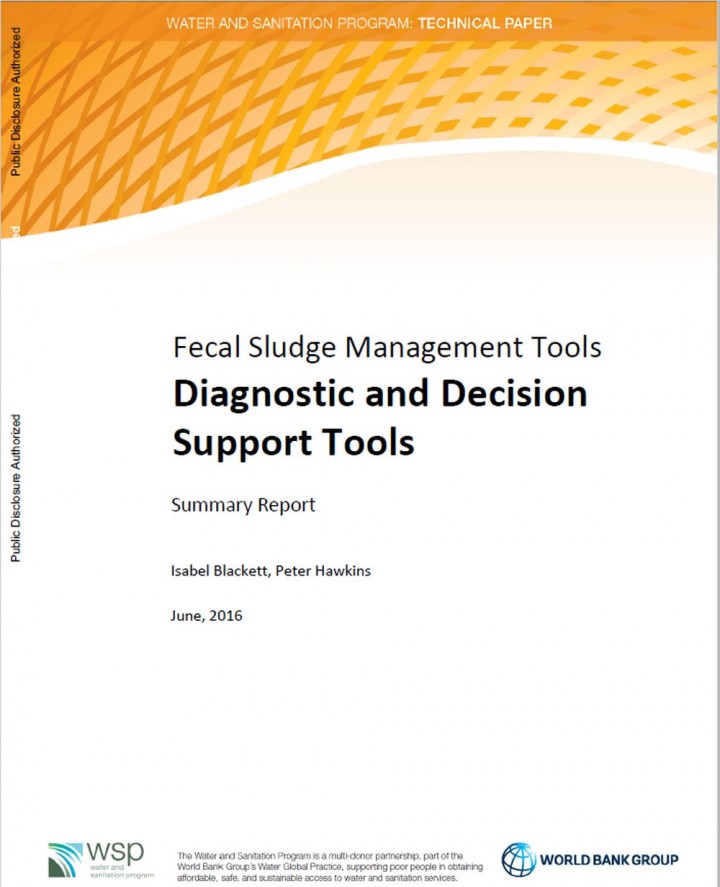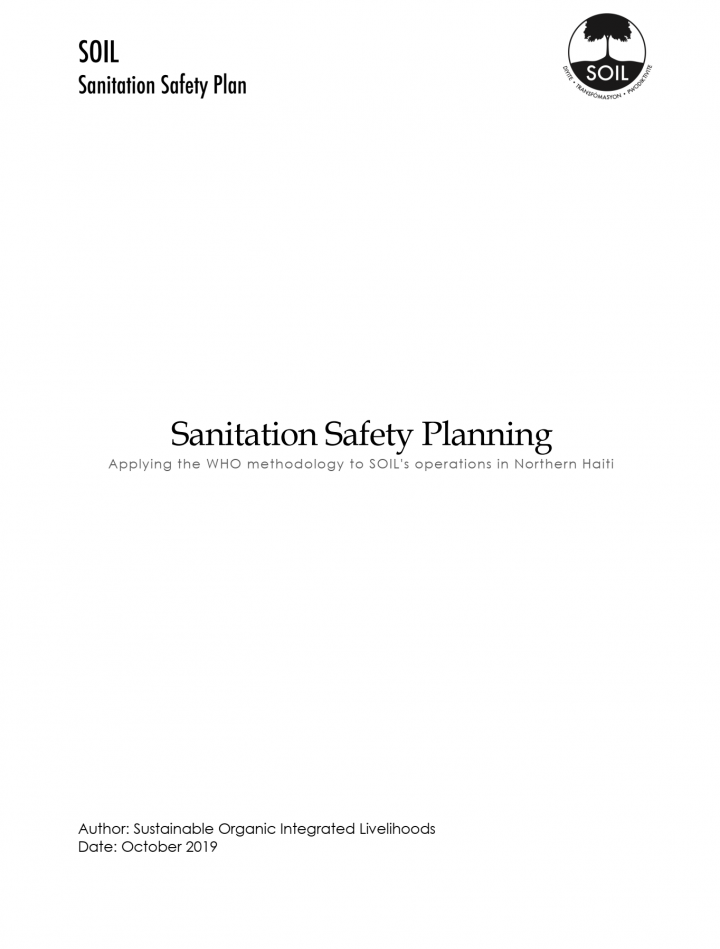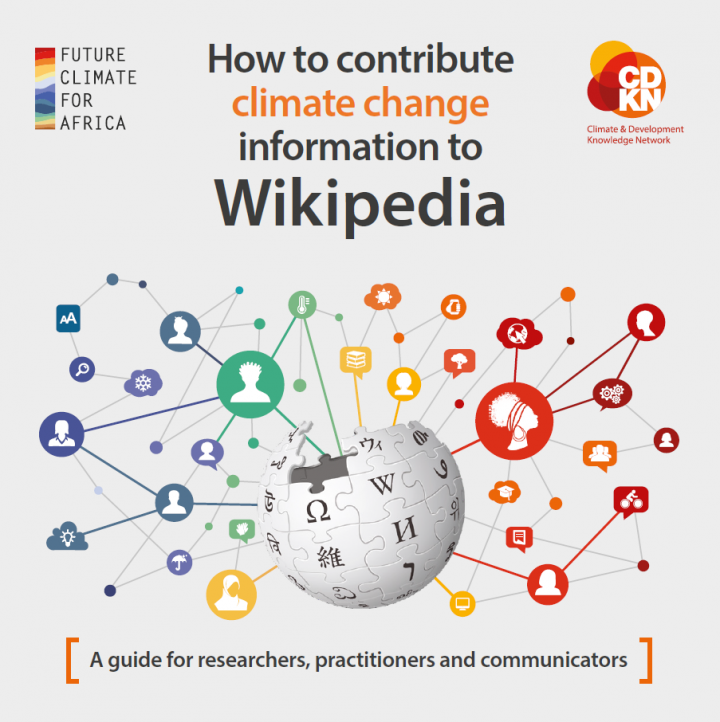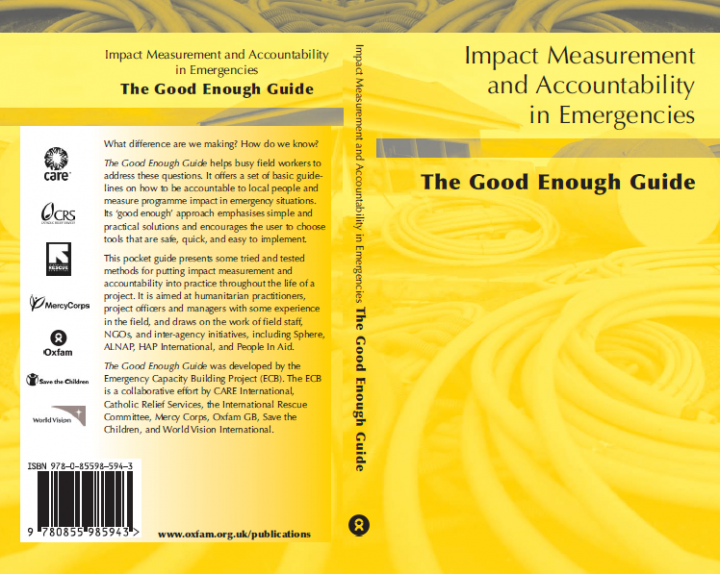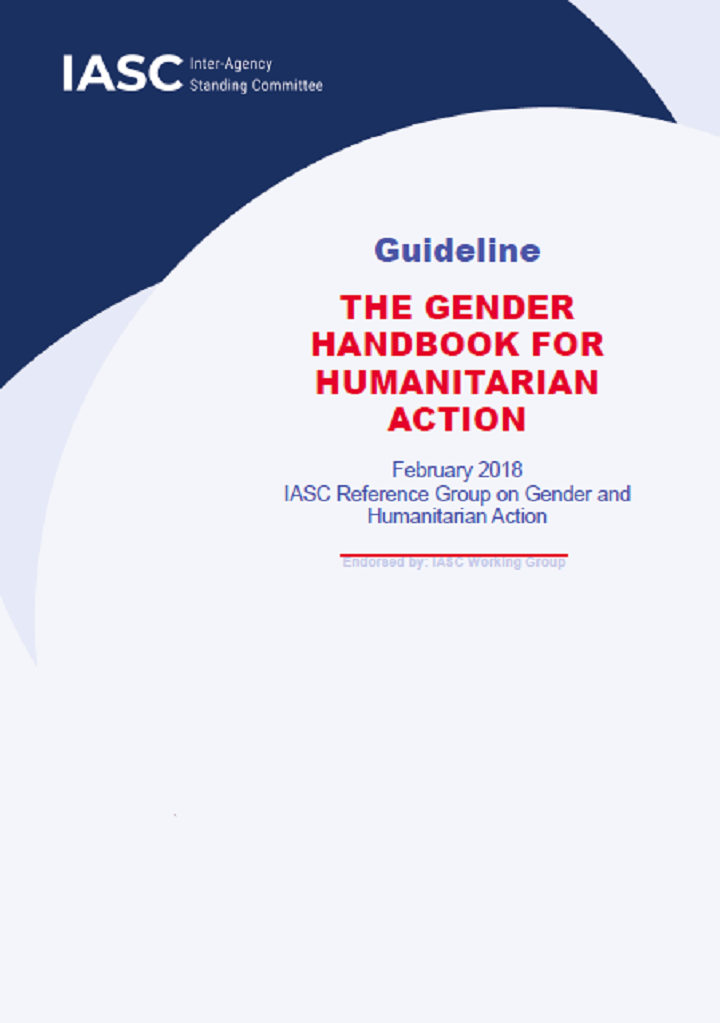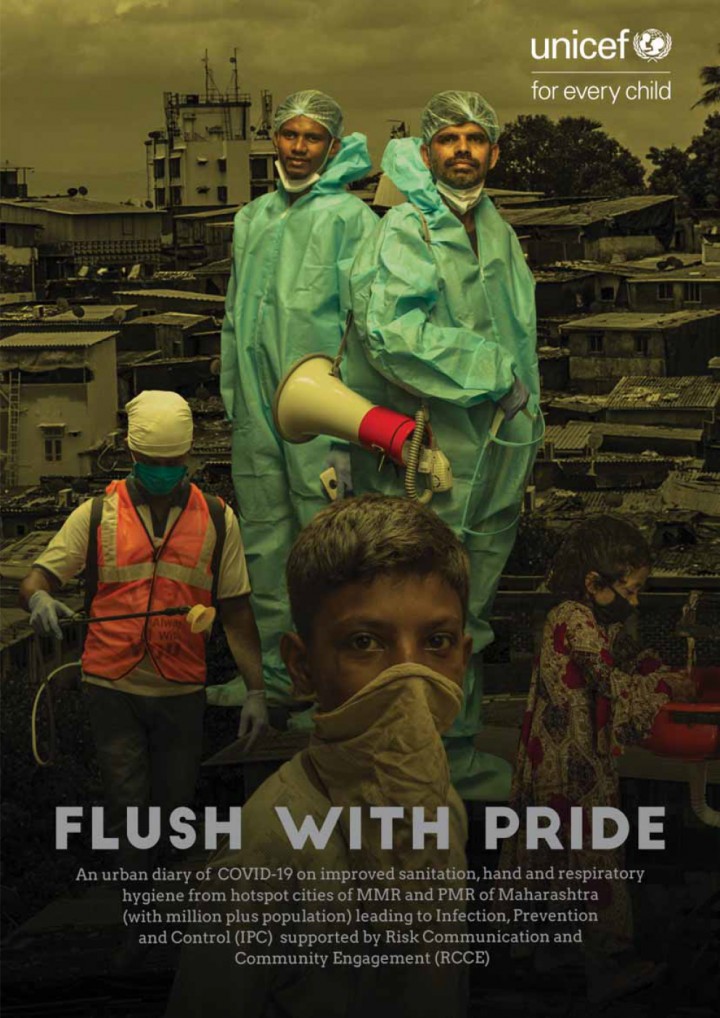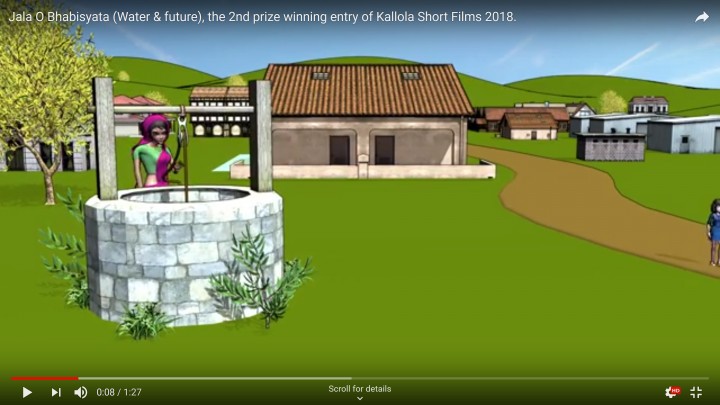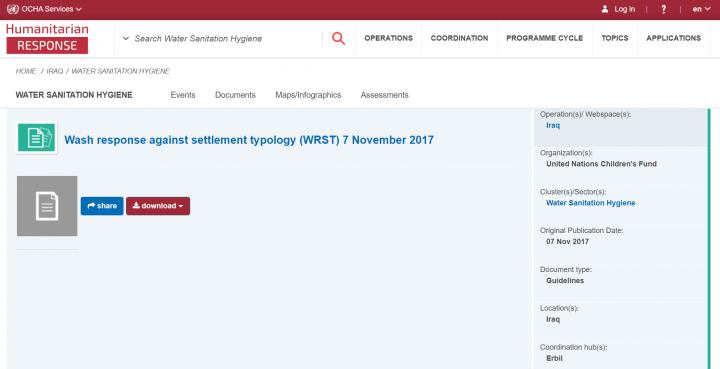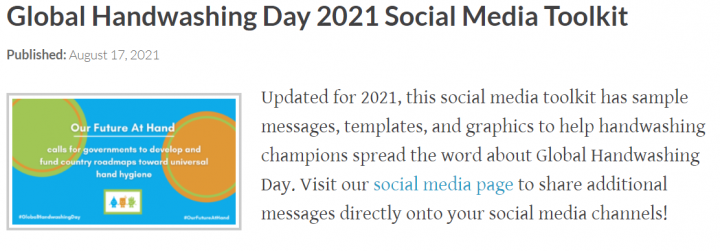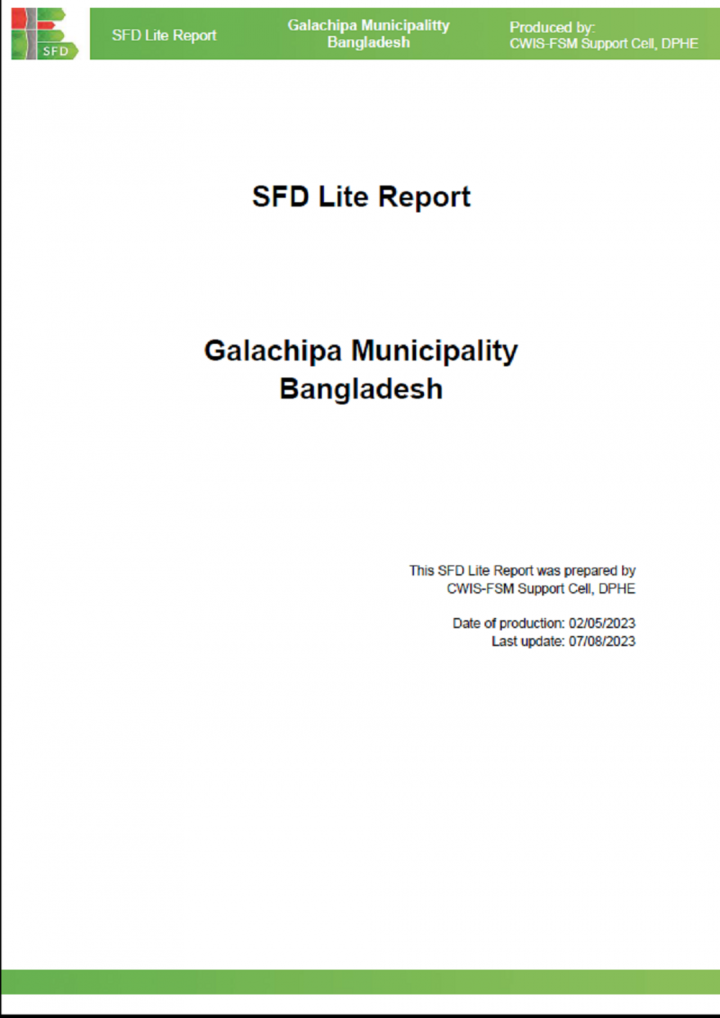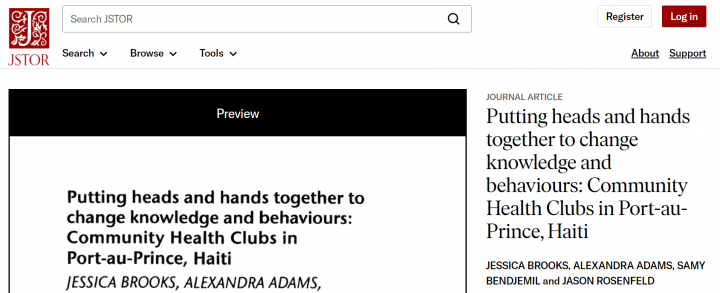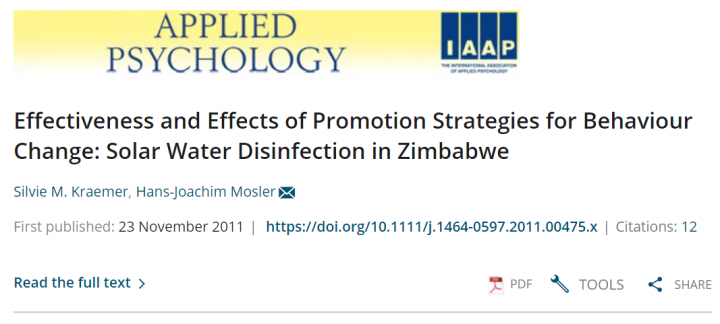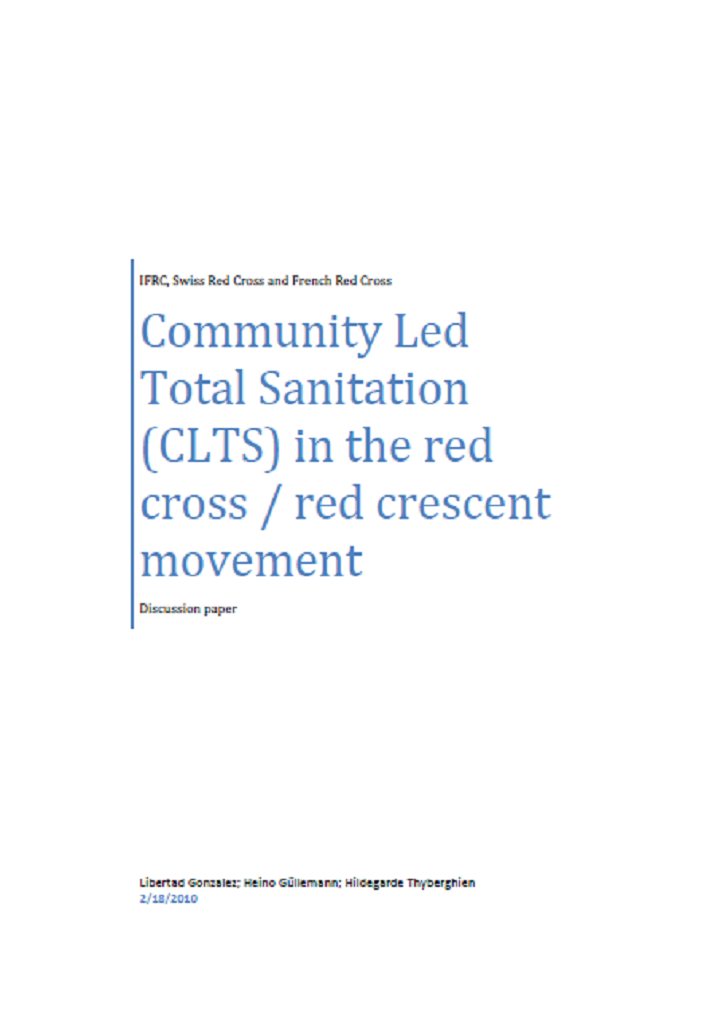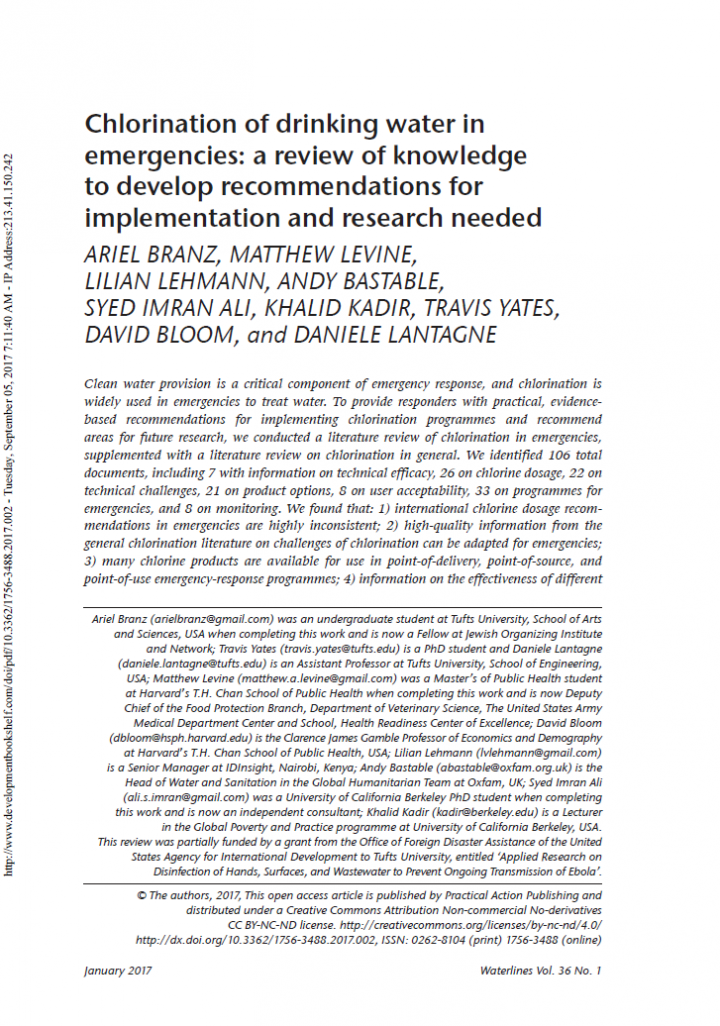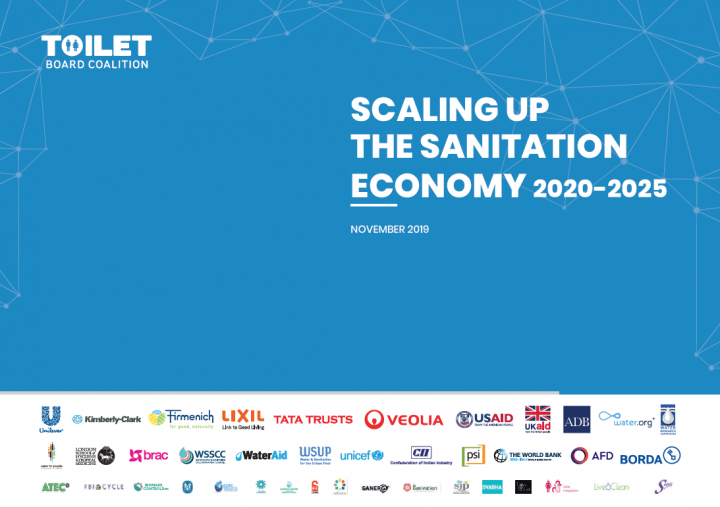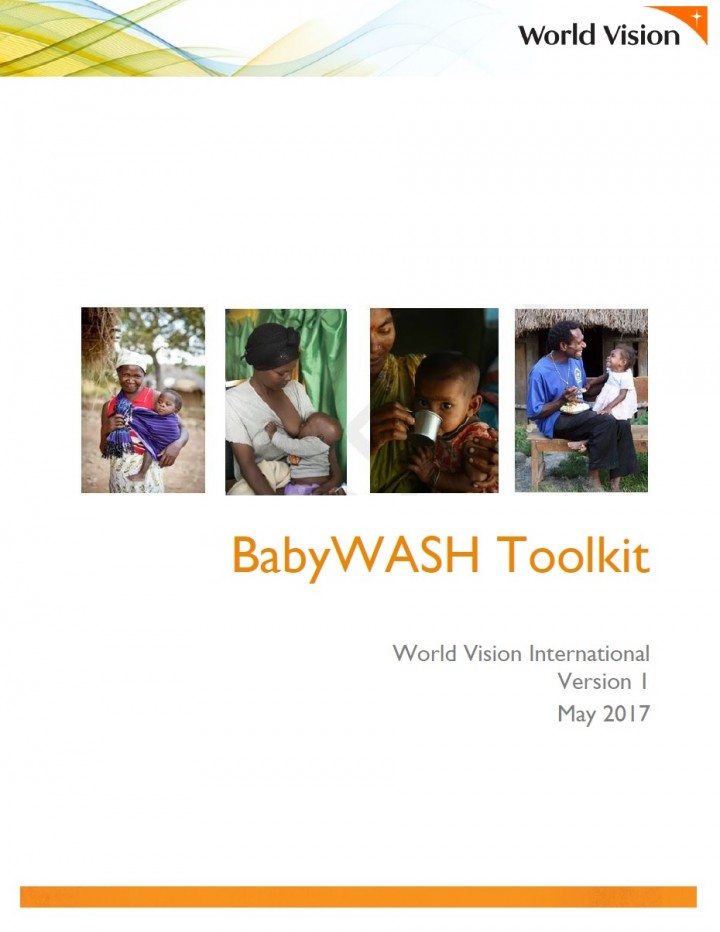Searching for information on Sanitation Workers?
The Sanitation Workers Knowledge + Learning Hub is the best source for all current news, trends, articles and updates on sanitation workers rights around the world.
Bardibas Municipality is located in Mahottari District, Madhesh Province of Nepal. It has total 14 wards and covers the area of 315.57 square kilometres. It is surrounded by Kamalamai Municipality of Sindhuli District in North, Aurahi and Bhangaha Municipalities in south, Dhanusha District in the east and Sarlahi District in the west. According to national population and housing census 2021, …
WSPs are a risk-based preventative approach to most effectively protect drinking-water safety and are recommended in the WHO Guidelines for Drinking-water Quality. WSPs are now being adopted worldwide, but they are not always fully understood by all stakeholders. Face-to-face training is therefore essential to ensure globally successful WSP implementation.
The training package consists of …
Barrier Analysis is a rapid assessment tool used in community health and other community development projects to identify behavioral determinants associated with a particular behavior. These behavioral determinants are identified so that more effective behavior change communication messages, strategies and supporting activities (e.g., creating support groups) can be developed. It focuses on eight …
A Positive Deviance/Hearth Nutrition Program (PD/Hearth) is a home- and neighborhood-based nutrition program for children who are at risk for protein-energy malnutrition in developing countries. The program uses the “positive deviance” approach to identify those behaviors practiced by the mothers or caretakers of well-nourished children from low-resource families and to transfer such positive …
The purpose of these exercises is to draw on the participants’ existing knowledge and experience and assess their understanding of how diarrhoea, malaria or other water and sanitation diseases are transmitted. The activities can also be used to motivate people to take action by asking what can be done about the problems illustrated. By the end of the session participants should be able to …
The brochure summarizes the FSM project piloted in Dhenkanal, Odisha, and the journey the district undertook to become one of first districts to have 'safely managed' sanitation systems in India.
The Project is being implemented in the Dhenkanal district in the state of Odisha in consultation and partnership with the Panchayat Raj and Drinking Water Department and Housing and Urban Development …
The baseline survey was conducted in the four states of Bihar, Madhya Pradesh, Uttar Pradesh and Jharkhand. This report has analysed the data generated for the following areas:
a. Manual scavenging (MS) and dry latrines
b. Prevalence of stigma, discrimination, untouchability, gender and caste-based discrimination and violence
c. Participation in community led initiatives for rights and …
The intent of this guidance note is to increase awareness among CARE’s WASH practitioners of gender issues, ensuring emergency WASH programs are viewed with a gender lens. The content is not original, rather an amalgamation of various guidance and best practice, distilled here to provide a more concise reference tool for CARE’s WASH staff to meet minimum WASH and gender equality standards.
Urban sanitation remains a significant challenge for most low and middle income countries. The urban population of the group of Least Developed Countries (LDCs) more than tripled between 1990 and 2015. While access to sanitation in LDCs has increased in relative terms, in absolute terms the number of people using unimproved sanitation has increased. Under the post-2015 …
Over the years, SOIL has developed a model to provide a safely managed sanitation service to densely populated communities in Haiti, using containerbased sanitation. The objective of such an intervention is to reduce the risks to public health and the environment that unsafe sanitation practices create, and risk-based assessment methods such as Sanitation Safety Planning are a valuable tool to …
This publication shares guidance and tips on how to edit Wikipedia. It is intended for researchers, practitioners, communicators and any others with access to climate change information who would like to share it more widely with the world.
Wikipedia is a powerful platform to make climate change information accessible to all. However, people working in the climate change field often overlook …
What difference are we making? How do we know? The Good Enough Guide helps busy field workers to address these questions. It offers a set of basic guidelines on how to be accountable to local people and measure programme impact in emergency situations.
Its 'good enough' approach emphasises simple and practical solutions and encourages the user to choose tools that are safe, quick, and easy to …
The Inter-Agency Standing Committee (IASC) published the original Women, Girls, Boys and Men. Different Needs — Equal Opportunities: Gender Handbook in Humanitarian Action in 2006. The purpose of the handbook was to provide humanitarian actors with guidance on gender analysis, planning and actions to ensure that the needs, priorities and capacities of women, girls, men and boys are considered …
The document covers the impact of WASH intervention in families, communities and institutions with a balance between demand and supply, highlighting both child and gender lens. Innovations like cost effective, simple, scalable pedal operated hand washing stations, augmentation of operation and maintenance of community toilets with identification of community touch points, school readiness for …
In the south of the nation, in the Galachipa Upazila, lives Galachipa, a municipality from the Patuakhali area, under the Barishal Division. The geographical coordinates of Galachipa are 22°09'50.04"N and 90° 25' 50.16" E . Galachipa Municipality is situated in the Patuakhali District. The district is bordered on the north by Barisal, the east by Bhola District, the south by the Gulf of …
Although interventions that emphasize the role of knowledge in invoking behaviour change have recently become unpopular, the Community Health Club (CHC) model has demonstrated how group knowledge, consensus building, and peer pressure can be applied to achieve hygiene behaviour change. To date, the model has predominantly been implemented in rural settings, with limited testing in urban …
Solar water disinfection (SODIS) is a sustainable method of water treatment. Despite the simplicity and many advantages of SODIS, past behaviour change campaigns have seen limited success. This study aims to compare intervention strategies in their efficiency in changing behaviour and to analyse which behavioural factors are differentially affected. The following factors were analysed in this …
PHAST shares the same participatory learning principles as CLTS, which aim at gaining self-esteem, believing in people‟s ability to solve basic problems with their own resources. PHAST and CLTS also have in common the technical scope in their original conception, since both have been designed to focus on sanitation issues in rural communities. However, PHAST in Red Cross / Red Crescent has been …
Clean water provision is a critical component of emergency response, and chlorination is widely used in emergencies to treat water. To provide responders with practical, evidencebased recommendations for implementing chlorination programmes and recommend areas for future research, we conducted a literature review of chlorination in emergencies, supplemented with a literature review on …
Leading businesses are engaged in efforts to reimagine sanitation systems as a net contributor of resources and data while addressing critical human rights. More importantly these leaders are driving their companies to go beyond risk and compliance to bring transformative positive change to millions of people affected by their business operations.
Global companies employ several millions of …
BabyWASH at World Vision is an initiative which aims to improve the integration of water, sanitation and hygiene (WASH) interventions with maternal, newborn and child health (MNCH), nutrition and early childhood development (ECD), to enable a more profound impact on child health outcomes in the first 1,000 days of life. The initiative was developed due to a recognised gap in the integration in …

